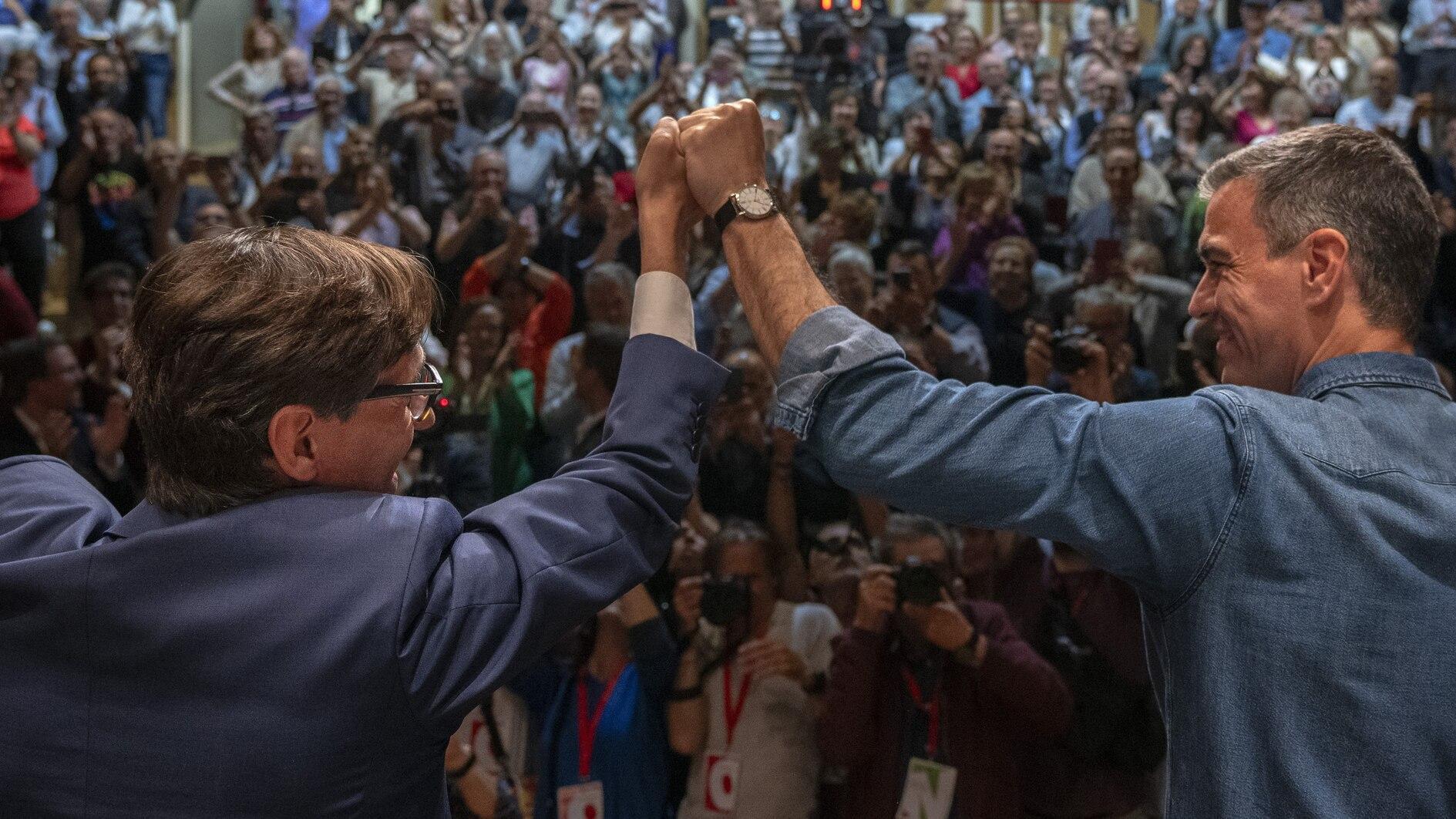This year’s marriages to boost economy by 500 billion liras
ISTANBUL

This year's weddings are expected to contribute 500 billion Turkish Liras ($15.3 billion) to the economy as the season kicks off early this year, a sector representative has said.
With approximately 600,000 expected to tie the knot this year, the season holds promise for both newlyweds and businesses alike, according to Bendevi Palandöken, the head of the Confederation of Turkish Tradesmen and Craftsmen (TESK).
Palandöken expressed his expectation regarding a bustling market across various sectors including photographers, hairdressers, dress shops, florists, cake makers and jewelry artisans, noting that the warming of the weather signaled the early start of the season.
“With the weddings to be held this year, marriages are expected to generate 500 billion liras in economic activity,” he said.
Palandöken emphasized the broader impact of weddings on the economy, citing Turkish Statistical Institute (TÜİK) data from last year indicating a 300 billion liras contribution from the wedding sector alone. From furniture to house appliances and textiles, wedding related expenditures ripple through various industries, benefiting many businesses.
Heavy cost of weddings
Given the rising costs of goods and services, the financial burden of a wedding weighs heavily, he said.
Highlighting the financial strain on couples, Palandöken noted that the average wedding costs start from 500,000 liras, attributing the rising expenses to currency fluctuations and inflation.
“There are very serious price increases in all products and services due to the increase in exchange rates and high inflation,” he noted.
“The price of gold, which is indispensable for weddings, has increased by nearly 100 percent in the last year. In the past, the gold that is given to the bride and groom at the wedding used to cover most of the costs, but now that has become a dream.”
Underscoring that couples may postpone marriage due to these heavy costs, Palandöken said, “When the astronomical increase in wedding hall rents, price increases in home appliances and electronic goods are taken into account, our young people could delay marriage due to unemployment and economic reasons.”
Despite economic challenges, Palandöken underscored the government’s efforts to incentivize marriage through various support programs, emphasizing the importance of zero-interest loans to alleviate financial burdens on couples and stimulate economic activity.
As preparations for the wedding season intensify, Palandöken urged companies to extend special campaigns and discounts to newlyweds, while advising consumers to shop from trusted vendors to ensure satisfaction and reliability.
















